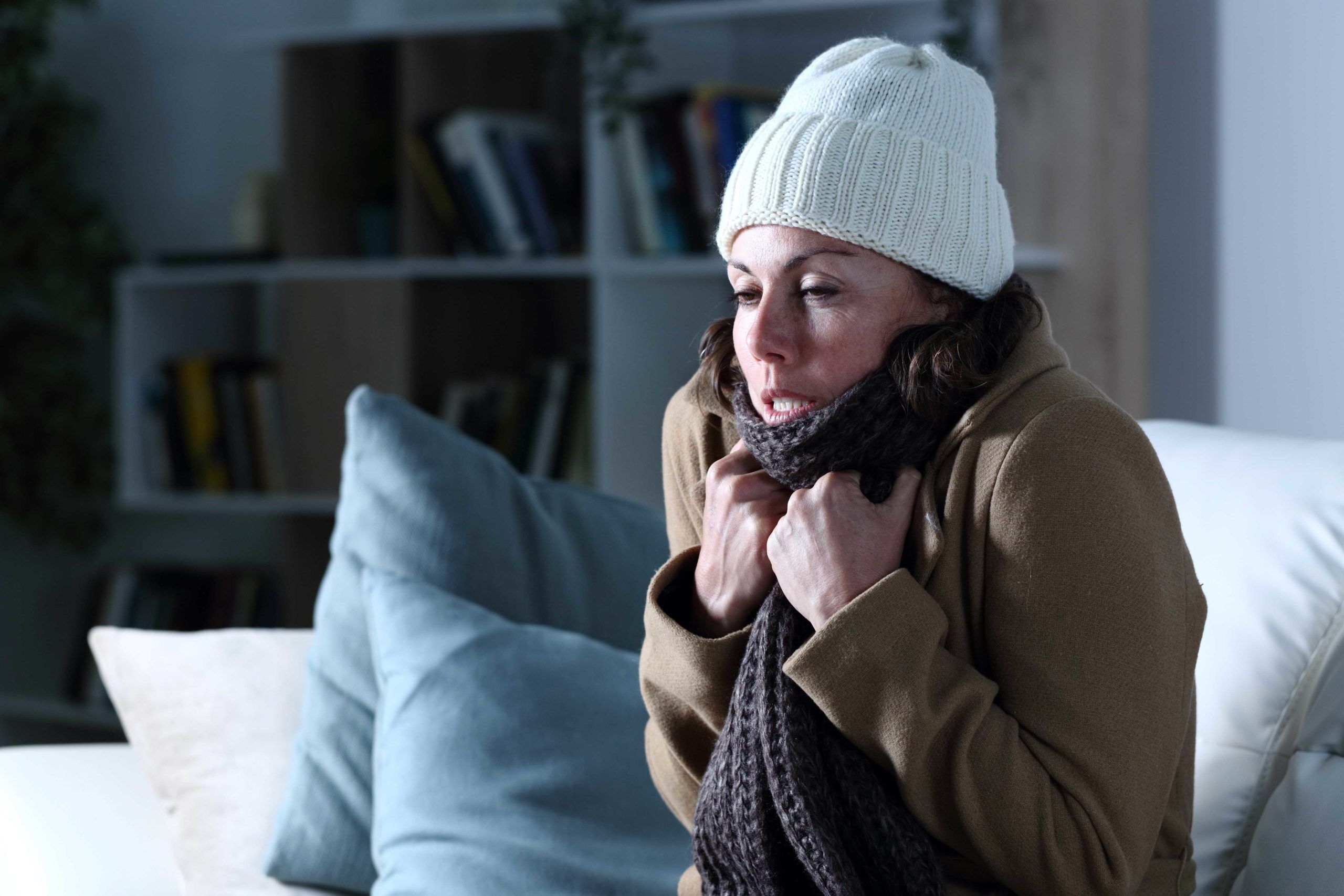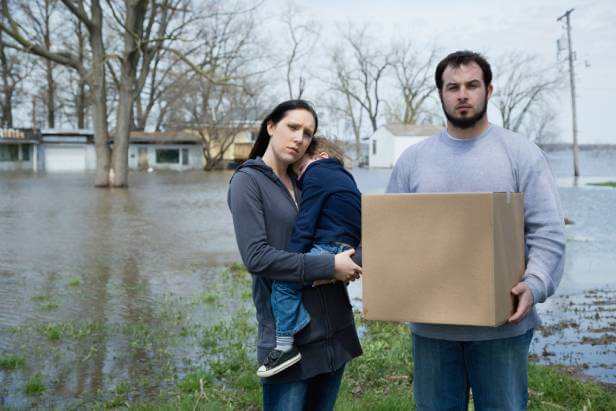As winter storms plow through most of North America, a lot of people have been forced to ask themselves some challenging questions: What do I do if my pipes burst? And for renters, who is responsible for fixing them, and who is accountable for winter damages?
This is where the landlord/tenant relationship gets complicated.
What you’re responsible for as a landlord
In general, it’s the landlord’s job to ensure the tenant has a safe, habitable living space—which means keeping a roof over their head and ensuring their plumbing works.
But like most everything in landlord/tenant situations, the question of ownership in these situations should always be listed out in the lease. This means that for freezing temperature scenarios, the landlord should specify in the lease if he or she has certain safety measures for renters to practice to avoid home damage in cold conditions.
What you’re responsible for as a tenant
On the other side of the situation, it’s the tenant’s job to ensure they are taking the right precautions to keep the home undamaged. It could be determined that you didn’t take the necessary actions to prevent damages, even if caused by uncontrolled circumstances, such as the weather. These precautions should be specifically listed out in the lease, so this is where tenants should look first when they’re wondering what to do.
Some possible things it might say in the lease when it comes to freezing temperatures could be:
- Let the sink and faucet drip
- Keep the thermostat at a certain temperature to avoid weather damage
- Keep interior doors open to keep home a consistent temperature
- Keep the garage door closed
If precautions are not mentioned in the lease, the landlord is ultimately on the hook for repairing the pipes and any damage to the property. Important note though: This only applies to the physical property, not your personal belongings and furniture! So if you do have a flood, you will be responsible for YOUR personal property, which is why it’s always recommended to have renter’s insurance.
Pre-Paid Legal Services, Inc. d/b/a LegalShield (“LegalShield”) provides access to legal services offered by a network of provider law firms to LegalShield members through membership-based participation. Neither LegalShield nor its officers, employees or sales associates directly or indirectly provide legal services, representation or advice. This is meant to provide general information and is not intended to provide legal advice, render an opinion, or provide any specific recommendations. If you are a LegalShield member, please contact your provider law firm for legal advice or assistance.





